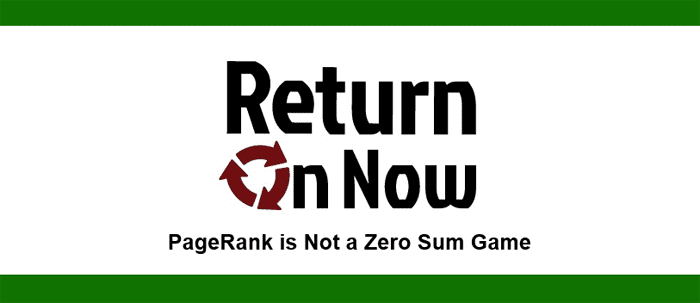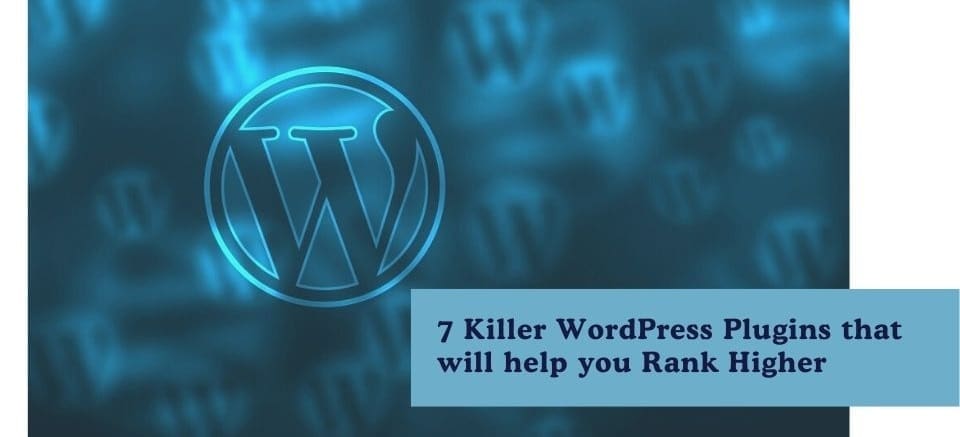Having been in the SEO game for over two decades, I have read an immense number of blog posts, papers, articles, etc. on how indexes work and what goes into Google’s ranking algorithm.
As we all know, there are well over 200 factors that impact how a site and page rank.
Over the years, I’ve found some great materials, but have also seen some far-fetched analysis as well.
One of the biggest reaches I’ve seen is related to PageRank.
As any SEO will tell you, PageRank is a proxy for domain authority. So you can presume this extends to DA or whatever metric your SEO platform of choice uses.
It was traditionally measured in terms of quantity of links, where a link counted as a vote for the page it linked to.
Of course, trying to weigh the value of links better, Google built in a feature where sites with higher PageRank passed along more of what we call “link juice” in the industry.
The idea being that, if a page already has a great deal of high authority links, then links from that page will be harder to earn and worth more “authority” points than a link from a brand new or questionable Top Level Domain (TLD).
In many ways, PageRank still works very similar to this as described.
However, with such a clear formula, people in the industry naturally learned how to manipulate their link profiles to rank higher than they would have naturally.
This is why we have seen so many rollouts of link penalties and algorithm updates under the Google Penguin pseudonym.
Google is taking proactive measures to discourage and penalize those who practice link manipulation.
Does PageRank Giveth and Also Taketh Away?
Dating back to the middle of the last decade, I started to see a lot of content trying to teach the reader on how PageRank is actually calculated.
There were a range of posts and articles on the topic.
We saw detailed matrices of how PageRank spreads throughout a domain based on the PR of the home page.
There were estimations of how much of a web page’s PR actually passes through to the destination URL based on number of links on the page.
And worst of all, there was rampant speculation that, by linking to another web page, the page where the link resides is “giving away” some of its PageRank to the destination URL.
Almost as if PageRank can be diluted and rewarded to another page at the expense of the source page.
What a crock! There are many reasons to be skeptical of materials that posit this far-fetched hypothesis.
1. It would discourage linking altogether
That’s right. If linking to another page will make my own website rank worse, why in the world would I link to anyone at all?
If this were true, Google would not have had to push out Penguin in the first place. Good links would be impossible to earn, buy, or otherwise acquire.
2. New websites would find it impossible to rank
Just for sport, let’s assume the speculation is true.
If so, that would mean there is a finite amount of PageRank available for all websites in the world.
Under that assumption, it would leave one of two scenarios:
- Existing websites would see their rankings rapidly denigrate as they build content and link to others (crazy notion since Google has been beating the content marketing drum for years)
- New websites would never be able to earn enough PageRank to even show up on page 1 of the SERPs for much of anything
3. PageRank and rankings for both domains and web pages would be in a constant state of flux
PageRank does change frequently, but smart SEOs know that it is not prone to making large swings without raising a red flag for Google’s manual review team.
If there were such a stock market of PageRank trading hands every time a piece of content goes live with links in it, their review team would need to be the size of Indonesia’s population to keep up with all the activity.
It’s simply impractical, and it would result in some strange behavior on the SERPs.
Given Google’s overtly stated dedication to improving the quality of the SERPs, this scenario is completely out of the question.
4. PageRank would already be obsolete if it truly did ebb and flow so much
Google has gone on record stating that they make hundreds of algorithm updates a year.
If PageRank were truly a limited resource, it would have fallen off the radar for Google a long time ago.
With over a half billion of active websites online today, and the number of websites increasing on an ongoing basis, there wouldn’t be enough PageRank left for any website to stand out from the crowd.
Since Matt Cutts himself recently advised that Google aims to keep the field more fair for smaller websites and businesses, you should have no doubt that the idea of passing PR does not reduce the authority of the page linking externally.
Summary
The internet is a wonderful platform for information exchange.
We can self-train ourselves in any topic, no matter whether it is for entertainment, professional gain, or political debate.
But we all need to be smart about what we take in and whether that information makes sense or not.
Although you should be careful where you link to avoid “guilt by association” (a known risk under Google Penguin), don’t shy away from linking because you worry it will siphon off some of your hard-earned domain authority.
Common sense should tell you not to believe the rumors.
Want to get the latest, most up-do-date help you can? We offer SEO Services to move you up the SERPs, and AEO / GEO Consulting to get you cited on LLMs like ChatGPT and Gemini. Reach out if you want to see your content start performing better, and ignore the hype and myths!
Updated October 30, 2025
Tommy Landry
Latest posts by Tommy Landry (see all)
- Why Local SEO Transfers to AI When Most SEO Tactics Don’t - February 10, 2026
- The Great Decoupling of Search - January 13, 2026
- How to Use AI to Accelerate Content Creation Without Losing Authenticity - January 6, 2026





